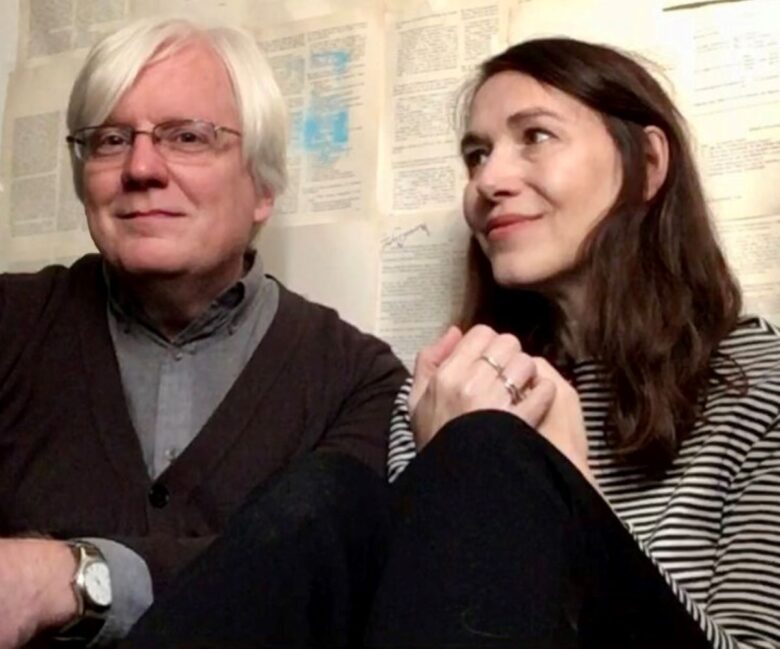 Listening to the Innocence Mission’s latest album – See You Tomorrow – is like waking from a delicious dream. You feel profound joy and sorrow, but can’t explain why.
Listening to the Innocence Mission’s latest album – See You Tomorrow – is like waking from a delicious dream. You feel profound joy and sorrow, but can’t explain why.
The Lancaster, Pennsylvania folk trio, which has now released 12 studio albums over a 30-year career, doesn’t vary from their distinctive, low-key sound, but the songs on “Tomorrow” ache with an exquisite longing for connection. The album came out in January, but sounds as though it were composed for life in a pandemic, where we are all alone and reaching.
Singer-songwriter Karen Peris still anchors the action, her quavery voice wafting over hushed guitars, strings and pianos as it has ever since the drummer left the band in 1997. The Innocence Mission dropped the poppy, 10,000 Maniacs sound of its first three albums and, at this point, there are few bands that sound anything like them.
Peris’ voice seems fragile, but is capable of carrying strong melodies in an intimate, dreamy landscape. Husband Don Peris is a wizard with delicate, complementary flourishes on the guitar or ukelele.
Of course, this may be the best music you never hear this year. It’s light years from top 40, and even alternative radio stations are taken with trendy and topical punk, rap and hiphop. But is not connection as timely a topic as any?
Whether you’re removed from your loved ones or too close to the few in your home sometimes, many of us are puzzling through love in the time of the coronavirus. Peris’ ethereal introspections seem to capture what we’d be feeling.
On “On Your side,” as close as there is to a single, Peris sings, “Some days we are not sure where we’re going, how we will arrive. Some days we don’t know where we have gone. But I’m always on your side.”
Other standout cuts are “St. Francis and the Future,” where Peris wishes the future was more remote, like a painting of St. Francis that requires a magnifying glass for the details. “The Brothers Williams Said” features the album title in its chorus, a reassuring “see you tomorrow.”
Finally, the closing track, “I Would Be There,” is spellbinding, a mournful ballad with lyrics both inscrutable and crystal clear at the same time. “Now that everything’s different, I wave to you, do you think you will recognize?” If we are dancing on the edge of a cliff, let us dance slow and let this song be the one playing.
– Claude Iosso
Tweets by timission



